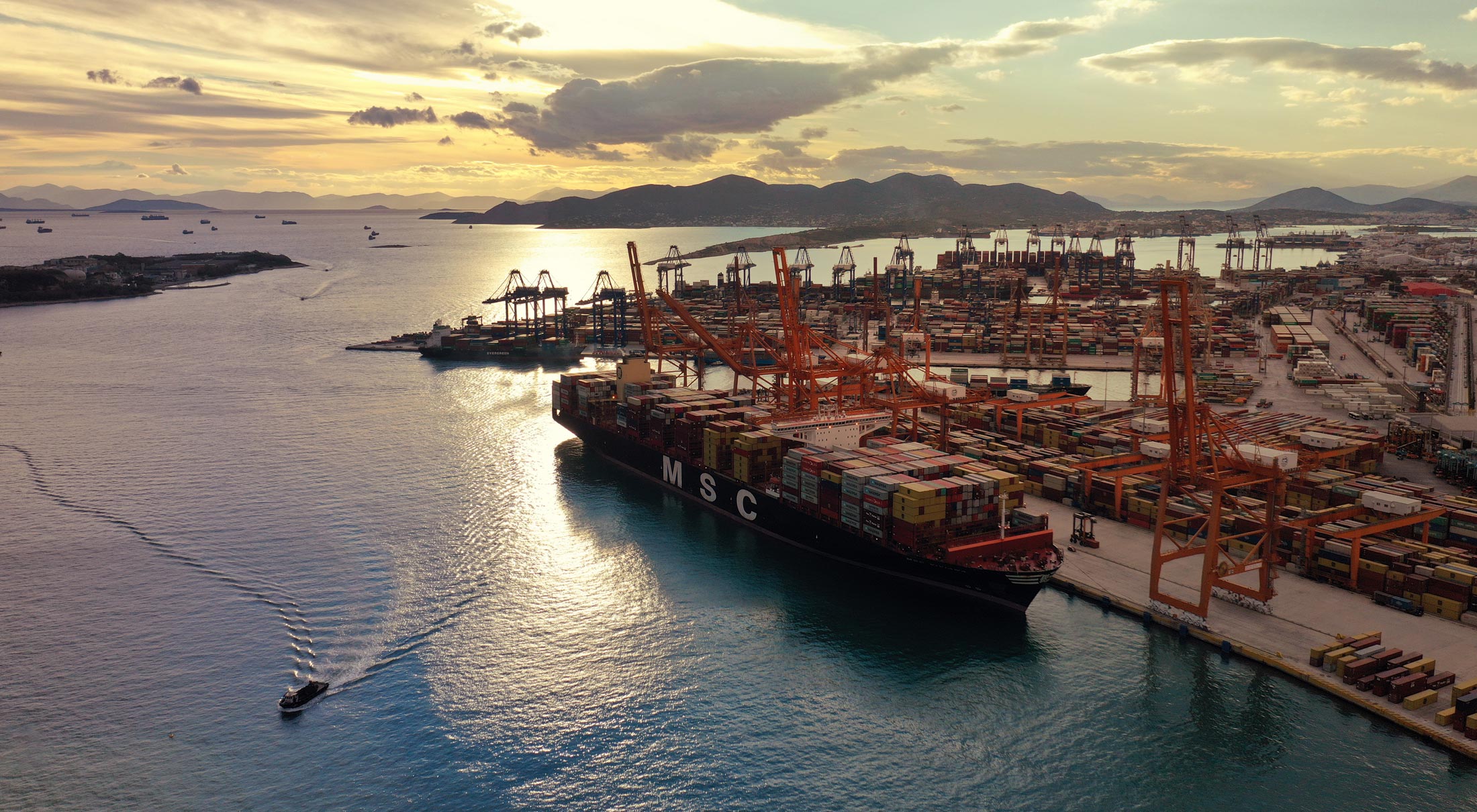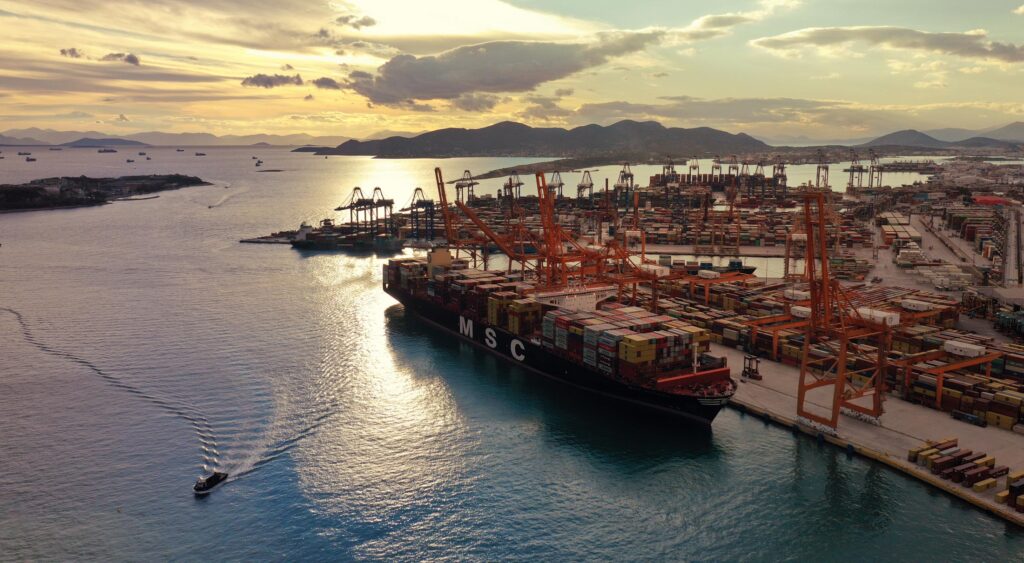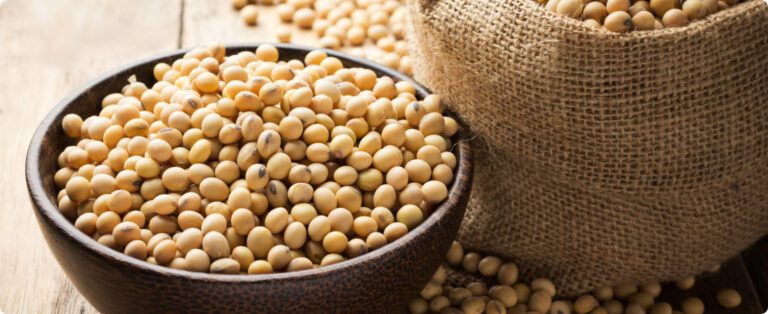
Image: Pixabay
MP, optional for 2023, comes into force in 2024; Until then, it needs to be approved by the National Congress to be converted into law within 120 days.
The new Transfer Pricing rules, established by Provisional Measure 1,152/2022, of December 29, 2022, will profoundly affect the taxation of companies in Brazil, including those operating in the commodities sector. The previous legislation, in force since 1997, was out of line with the global standard established by the Organization for Economic Co-operation and Development (OECD) guidelines. The main change is the introduction of the arm's length principle, which consequently imposes new transfer pricing methods, documentation requirements and considerable changes in the treatment of intangible assets, financial transactions and business restructuring.
{module Form RD}
In addition to changing pricing and planning criteria, the new rules will affect the profitability and competitiveness of companies, as they require multinationals to operate alongside companies in the same economic group as if they were third parties. The objective of Transfer Pricing is to avoid double taxation and double non-taxation of multinational groups. However, the new rules do not only apply to multinational groups, but also to transactions between Brazilian companies and companies in jurisdictions with an income tax rate lower than 17%. This is KPMG's assessment, based on market data and analysis of the Provisional Measure.
“A large part of the Brazilian economy has been based, for centuries, on the production, consumption and export of commodities. To understand their relevance, we take as an example the participation of these items in exports in the 2022 trade balance, which, according to the Secretariat of Foreign Trade and the Ministry of Economy, represented around 23% or, in absolute values, approximately US$ 75 billion . If the extractive industry is considered, commodities reach almost 50% of Brazil's exports. The increase in the share of these items in the trade balance is a trend over the last three decades”, says Edson Costa, leading partner of the Transfer Pricing area at KPMG in Brazil.
KPMG also highlights that the new rules require an economic interpretation of the transaction, focusing on functions performed by companies, risks assumed and tangible and intangible assets used. In this sense, there is a large margin of interpretation and the need for an in-depth economic analysis. Provisional Measure 1,152, optional for 2023, comes into force in 2024. Until then, it needs to be approved by the National Congress to be converted into law within 120 days.
“Brazil has always had specific rules for the export and import of some commodities, but the old rules were rigid in defining what a commodity is and the methods allowed for pricing. With OECD rules, flexibility increases when conceptualizing 'commodities' and applying methods for their pricing. But, with this, there is also more legal uncertainty, and exporters and importers of commodities must ensure that transfer prices are in accordance with the arm's length principle”, emphasizes Edson Costa.
Among the main Brazilian commodities, it is worth highlighting the recorded numbers of soybean production and exports, of around 1.322 billion tons, according to the Brazilian Institute of Geography and Statistics (IBGE), reaching US$ 46.7 billion, according to the Secretariat of Foreign Trade and the Ministry of Economy, which represents approximately 62% of total Brazilian commodity exports in 2022. This scenario tends to remain for the next few years, as the proportion of incentives for these sectors tends to remain at the same levels. The participation of the agricultural sector in the areas of production and exports may be increasing, as the Government considers the potential of commodity production to be a comparative advantage in relation to other economies.
With the financial market's focus on ESG (Environmental, Social and Governance) there is a greater interest in a fair allocation of taxes between jurisdictions, with multinational companies even publishing a statement of tax indicators by jurisdiction to show the tax conduct practiced. Transfer pricing is a vital element of a company's ESG strategy, as it has a major impact on the allocation of taxable profits between jurisdictions.
Source: datagro
















